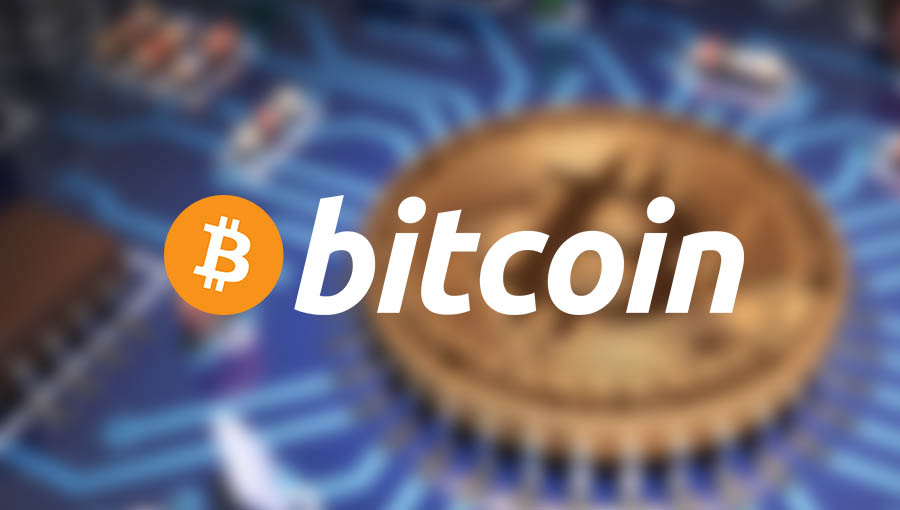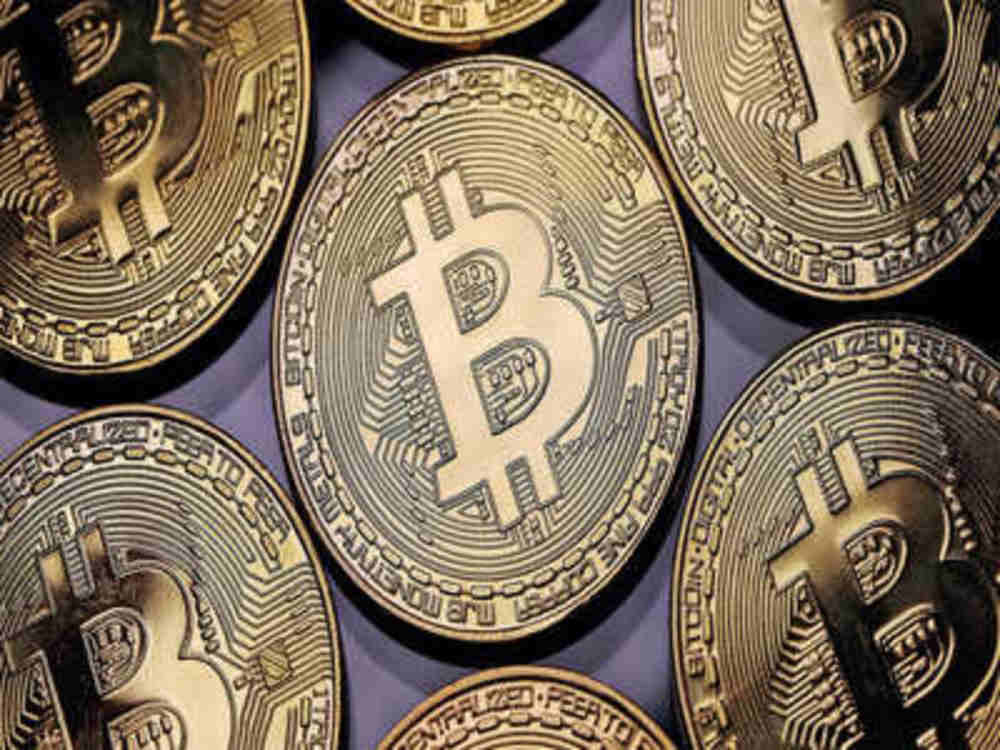Is Bitcoin an alternative payment method, an online gaming disrupter or simply a passing fad? Marc Kenigsberg from leading Bitcoin affiliate, Bitcoin Chaser, explains what the cryptocurrency offers the gaming industry
I’ve been speaking about Bitcoin at iGaming conferences since 2014, trying to teach people in the industry about the potential impact and the upside for operators and affiliates that embrace Bitcoin. Sadly, very few have taken to their hearts. I believe that in most cases this was due to the stigma surrounding the cryptocurrency or the disbelief that it would ever be more than a fad. With the recent price jumps this year and the explosion of mainstream media attention I suspect that online gaming businesses are taking it a lot more seriously today. So here is my take on Bitcoin’s impact on online gaming so far and what we might expect to see in the coming years.
Before we can examine Bitcoin in online gaming today or project the potential future impact we need to look at the relationship over the last years and how Bitcoin has affected the industry so far.
Let’s begin by defining what Bitcoin is and isn’t. For purposes of this article consider Bitcoin as a payment method, albeit one with a cult following. Blockchain on the other hand is the technology behind Bitcoin and potentially enables a host of disruptive technologies based on decentralised applications, or the peer-to-peer transfer of data.
So, if Bitcoin is merely a payment method, then why all the fuss about its impact on online gaming? In this area specifically, there were two aspects of Bitcoin that drove its rapid adoption amongst gamblers; the almost anonymous nature of transactions and its meteoric price increases.
IN THE BEGINNING
When Bitcoin first started being used for gambling it was only available on selected standalone games that Bitcoin enthusiasts had built themselves. These games were clumsy and graphically poor but they allowed Bitcoin holders to gamble, so the games increased in popularity. The first truly popular game was a dice game where the house took a fractional edge and wins could be parlayed. The original versions of the game were text-based and didn’t even have any graphical interface.
It was only in 2013 that the market recognised the potential for traditional online casino software that supported Bitcoin. And so, the first Bitcoin platform providers were born. These started out as small studios producing simple versions of classic casino games and a handful of basic slots games. These were far from the traditional online casino offering, but a paradigm-shifting evolution for the Bitcoin gambler. Today more than 60 out of the top 100 most active Bitcoin wallets belong to gambling sites and the platforms rival fiat-based offerings with millions of dollars in deposits each month. The biggest verticals for Bitcoin gambling are dice and casino, followed by sports betting with poker, bingo and lottery trailing far behind.
OTHER CRYPTOCURRENCIES AND ONLINE GAMING
While other cryptocurrencies are also used for online gambling by some operators, none come close to Bitcoin’s level of adoption. Even with the increase of Ethereum-based tokens offered by new crypto-based gambling projects, Bitcoin still accounts for well over 90% of all volume.
HOW DOES BITCOIN GAMBLING STACK UP?
Source/More: Bitcoin: Should you care, and can you afford not to?















